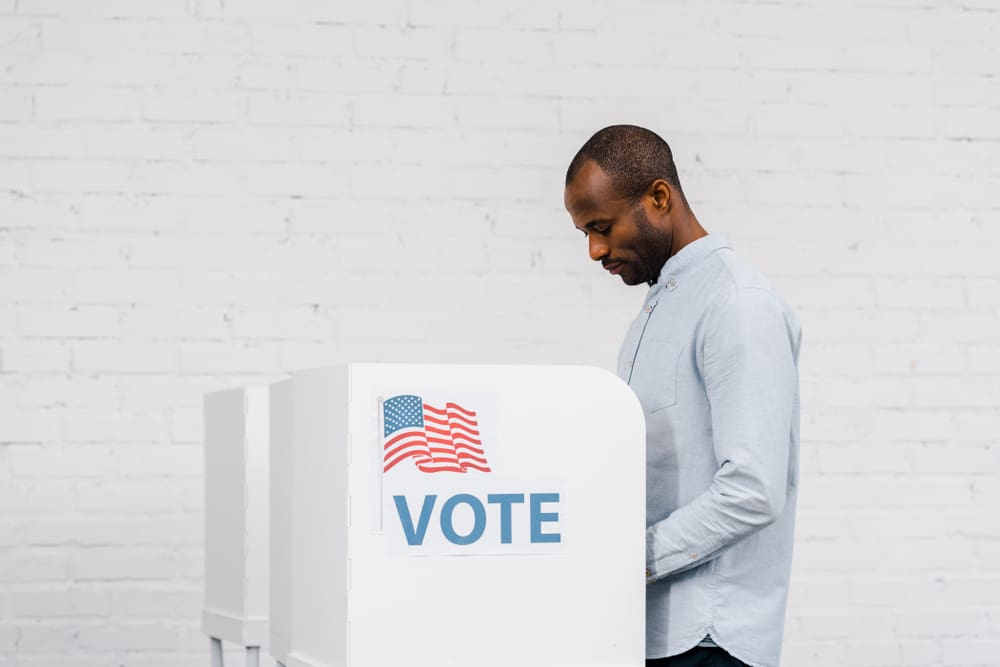Texas residents are voicing sharp criticism of their state’s political leadership through a series of compelling letters that expose deep frustrations with current governance approaches. The correspondence reveals growing concerns about concentrated political power, questionable policy priorities, and the disconnect between elected officials and ordinary citizens across the Lone Star State.
These citizen voices represent a cross-section of Texas perspectives, ranging from grudging acknowledgment of political effectiveness to outright condemnation of authoritarian tendencies. The letters collectively paint a picture of a state where political calculation often trumps public sentiment, and where powerful figures operate with little regard for constituent preferences.
The emergence of these critical perspectives comes at a time when Texas faces significant policy debates around cannabis regulation, educational content, and the balance between parental rights and student access to diverse information. Citizens are increasingly questioning whether their elected representatives truly serve their interests or pursue personal and financial agendas.
Political power dynamics draw Lyndon Johnson comparisons
One observer from Spring, Texas, drew striking parallels between Lieutenant Governor Dan Patrick’s legislative approach and the famously effective but ruthless tactics employed by Lyndon B. Johnson during his Senate leadership years. The comparison highlights how Patrick has mastered the art of political reward and punishment to maintain control over the Texas Senate.
The effectiveness of Patrick’s approach becomes evident in the voting patterns of recent legislative sessions. Senate budget bills consistently pass with unanimous 31-0 votes, even when they contain provisions that Democrats strongly oppose, such as private school vouchers. This remarkable unity suggests that senators understand the consequences of opposing Patrick’s agenda.
The analysis reveals a political reality where personal relationships and fear of retribution shape legislative outcomes more than ideological convictions or constituent preferences. Senators from both parties fall in line because they recognize the benefits of cooperation and the costs of opposition under Patrick’s leadership style.
THC policy reveals disconnect with public opinion
A Phoenix-area observer highlighted the growing chasm between Texas leadership positions on cannabis policy and actual public sentiment across the state. The criticism focuses on how both Governor Greg Abbott and Lieutenant Governor Patrick prioritize personal beliefs and campaign contributions over voter preferences on THC regulation.
The Texas Compassionate Use Program serves as an example of this disconnect, operating with such severe limitations that it creates only an illusion of progressive policy while serving very few patients. Critics argue that Patrick tolerates this minimal program precisely because its restrictions prevent meaningful access to cannabis-based treatments.
Market dynamics tell a different story about Texas preferences, with the legal hemp-derived THC market experiencing significant growth despite regulatory uncertainties. Public surveys consistently show majority support for legal cannabis with appropriate safety regulations, yet state leadership continues to resist comprehensive reform efforts.
The policy standoff creates opportunities for criminal organizations to fill the void left by restrictive legal markets. Mexican drug cartels stand ready to meet consumer demand if state leaders curtail legal THC sales, undermining both public safety and legitimate business operations that employ thousands of Texans.
Campaign contributions drive policy decisions
The influence of major retailers and their campaign donation power emerges as a significant factor in shaping potential THC policy compromises. Two regulatory approaches under consideration would benefit large corporations like Spec’s and H-E-B through either Texas Alcoholic Beverage Commission oversight or restrictions limiting sales to THC-infused beverages.
These policy options reflect how campaign contributions and corporate interests often drive legislative decisions rather than public health considerations or voter preferences. The analysis suggests that both Abbott and Patrick make decisions based on political calculations rather than constituent needs or evidence-based policy approaches.
Future political ambitions also shape current decision-making processes, with Abbott reportedly eyeing the White House in 2028 and Patrick positioning himself as a potential gubernatorial successor. These personal ambitions create additional layers of calculation that may conflict with effective governance and responsive representation.
Press conference behavior raises concerns
A Katy resident expressed dismay at Patrick’s recent public behavior regarding THC policy discussions, describing his approach as nearly clownlike and comparing it to outdated anti-marijuana propaganda films. The criticism extends to Patrick’s treatment of reporters who ask legitimate questions about policy positions.
The letter writer contrasts the relatively minor health risks associated with THC use against more serious public health threats that receive less attention from state leadership. Issues such as gun violence, drunk driving, environmental pollution, inadequate healthcare access, and infectious diseases pose greater risks to Texas residents than cannabis use.
The critique emphasizes THC’s potential benefits for individuals suffering from chronic pain, including wounded veterans and cancer patients who genuinely need therapeutic options. This perspective highlights how political posturing may prevent access to treatments that could improve quality of life for vulnerable populations.
Parental rights legislation sparks historical concerns
The debate over parental control in school library book selection has generated responses that invoke historical parallels to authoritarian governance. A representative whose parents fled Romania expressed concerns that proposed legislation resembles tactics used by oppressive governments to control information access and stifle dissent.
Personal experiences during the Civil Rights Movement provide context for understanding how exposure to diverse literature can challenge inherited biases and promote more inclusive worldviews. Books such as Black Like Me, To Kill a Mockingbird, and Native Son helped young readers question family prejudices and develop more nuanced perspectives on diversity and social justice.
The concern centers on how parental advisory boards may bring their own biases to book selection processes, potentially limiting students’ access to materials that could broaden their understanding of different cultures, experiences, and viewpoints. This restriction could prevent young people from developing critical thinking skills and empathy for others.
Strategic responses to legislative changes
With Senate Bill 13 moving forward despite opposition, some citizens are advocating for proactive engagement in the implementation process. The suggestion involves diverse families and communities organizing to gain representation on school district advisory boards before restrictive policies take full effect.
This approach recognizes that political reality may require tactical adaptation rather than pure opposition. By seeking positions of influence within the new system, advocates hope to maintain access to diverse educational materials and protect students’ intellectual freedom within whatever constraints the legislation creates.
The strategy reflects a pragmatic understanding that effective advocacy sometimes requires working within imperfect systems to achieve better outcomes than passive resistance might accomplish. It also demonstrates how engaged citizens can respond constructively to policy changes they oppose.
Broader implications for Texas governance
These citizen letters collectively illustrate broader concerns about democratic representation and responsive governance in Texas. The consistent theme involves political leaders who prioritize personal ambitions, campaign contributions, and ideological positions over constituent preferences and evidence-based policy approaches.
The correspondence reveals a growing awareness among Texas residents that their voices carry little weight in major policy decisions affecting their daily lives. This recognition is prompting more direct engagement and criticism of elected officials who appear disconnected from the communities they represent.
The letters also demonstrate how citizens are increasingly willing to challenge powerful political figures and demand better representation. This civic engagement suggests potential for significant political changes as more residents recognize the gap between their interests and current leadership priorities.












